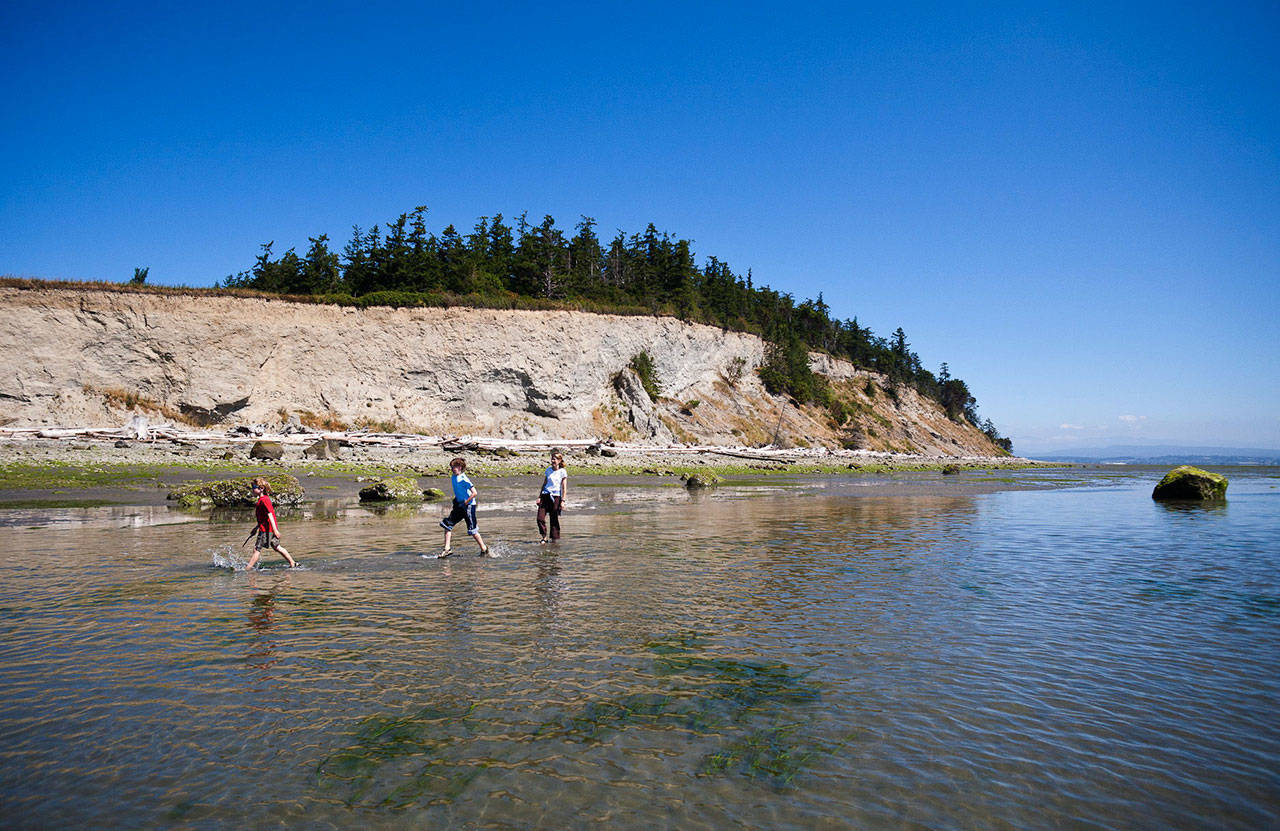By The Herald Editorial Board
Less than a year after passing legislation to reform the state’s grant program for funding of public lands and parks projects, some lawmakers again are taking it upon themselves to pick and choose projects, rejecting those they don’t consider important.
Those decisions were not intended to be theirs to make.
The Washington Wildlife and Recreation Program, since 1989, has provided $1.3 billion for more than 1,200 projects throughout the state, acquiring land and developing state, county and city parks, protecting wildlife habitat and preserving working family farms and forestlands. The program is administered by the state Recreation and Conservation Office with assistance from the nonprofit Washington Wildlife and Recreation Coalition, which works with communities and groups applying for state and federal grants.
Every two years the state agency uses an objective and independent process to evaluate projects based on each project’s community support, including matching contributions and volunteer hours; the threat from development; enhancement of habitat; quality of views; diversity of use and other factors.
Two year ago, Senate Republicans, submitting their capital budget, largely disregarded that formula and reranked the commission’s list, favoring projects to develop parks and provide maintenance over projects that sought to acquire new property for parks and critical habitat preservation. The concern for existing parks was legitimate, but the decision to scrap an objective process was not.
In the end, the original ranking was preserved, and last year, the Legislature, with the assistance of the WWRC, reformed the grant program with bipartisan support to provide more emphasis to park development and maintenance. Grants now are to be allocated 45 percent for recreation programs, 45 percent for habitat conservation and 10 percent for farmland and forestland conservation. Public access also has more emphasis, recognizing some restrictions for public safety and sensitive habitat.
Both the Senate and the House have released their capital budgets for the next two years, and each have outlined $80 million in grants for scores of parks and wildlife projects throughout the state, including some in Snohomish and Island counties. And $80 million represents a significant increase in spending over previous budgets. Only $55 million in funding was approved in 2015, $65 million in 2013 and $42 million in 2011.
But less than a year after the new ranking grant process was adopted, Republicans on the House capital budget committee again chose to disregard much of the list and eliminated funding for all but one project in the critical habitat and natural areas categories.
Among the funding that would be cut under the House capital budget is property acquisition for shoreline access at a proposed Island County park at Camano Island’s Barnum Point, the subject of an April 3 commentary in The Herald by Val Schroeder. Funding also would be cut for other projects throughout the state in Chelan, Pierce, Kitsap, Klickitat, Kittitas, Douglas, Clark and Mason counties.
Rep. Strom Peterson, D-Edmonds, vice-chairman of the House capital budget committee, said last week that for the most part there was general agreement among both parties on much of the $4.15 billion budget, including $1 billion for school construction and important investments for the state’s mental health system and for homelessness.
The Wildlife and Recreation program was the one “sticking point,” during committee discussion, Peterson said. “It was not our finest hour.”
The problem with a budget committee disregarding the commission’s recommendation is that — just as it did two years ago in the Senate — it threatens the integrity of a respected program that was developed to encourage community participation and discourage political considerations and favoritism.
It also consumes the time of lawmakers, who — with an education funding mandate to resolve — don’t have the luxury to duplicate work already done for them.
The Wildlife and Recreation Program is one of several such programs that evaluate and rank applications for grant requests, with the intention of providing a trusted and transparent process. That’s the process the Legislation agreed to less than a year ago.
As House and Senate now work to resolve the two capital budgets, the Senate budget’s adoption of the Wildlife and Recreation Program’s recommendations should be respected, and the projects cut in the House budget should be restored.
Clarification: Wording in the above editorial has been changed to clarify that the ranking of grant applications is performed by the state Recreation and Conservation Office.
Talk to us
> Give us your news tips.
> Send us a letter to the editor.
> More Herald contact information.

























